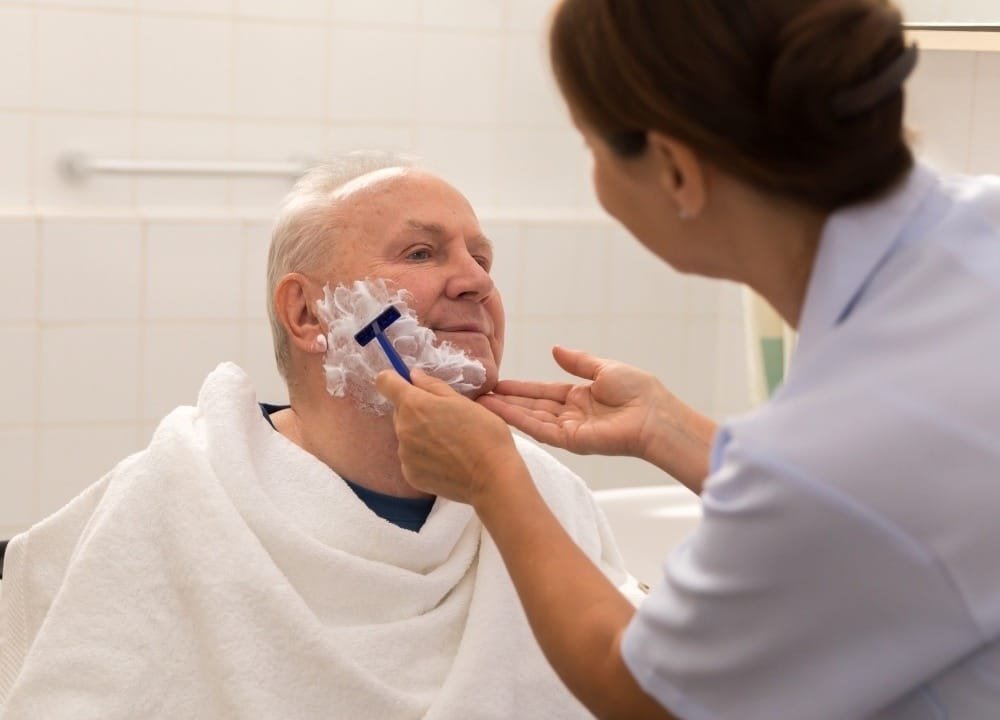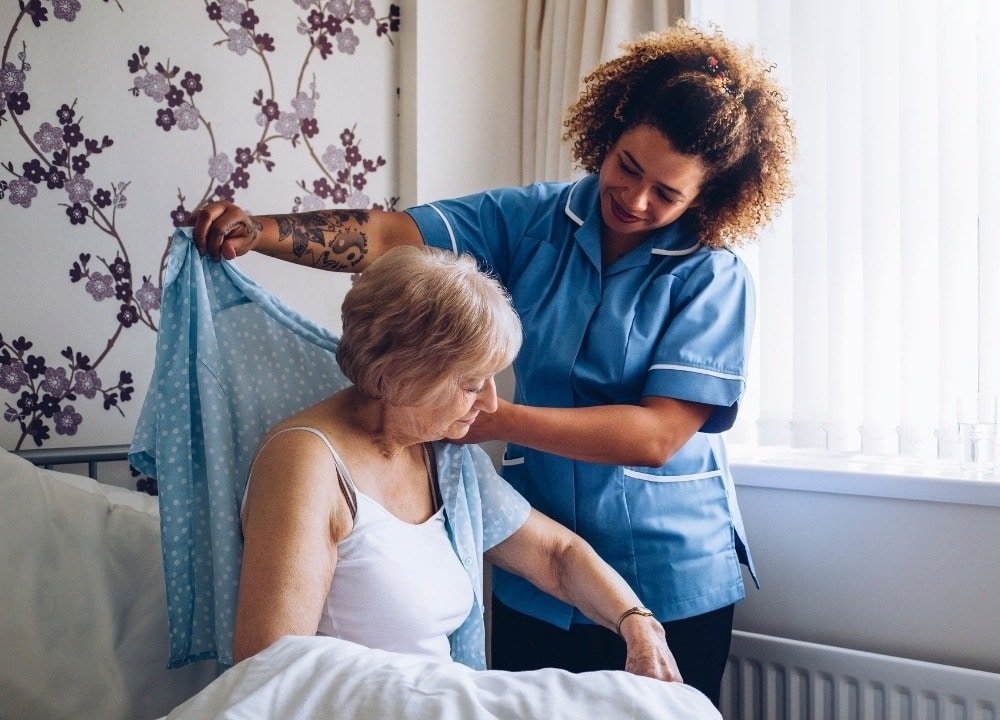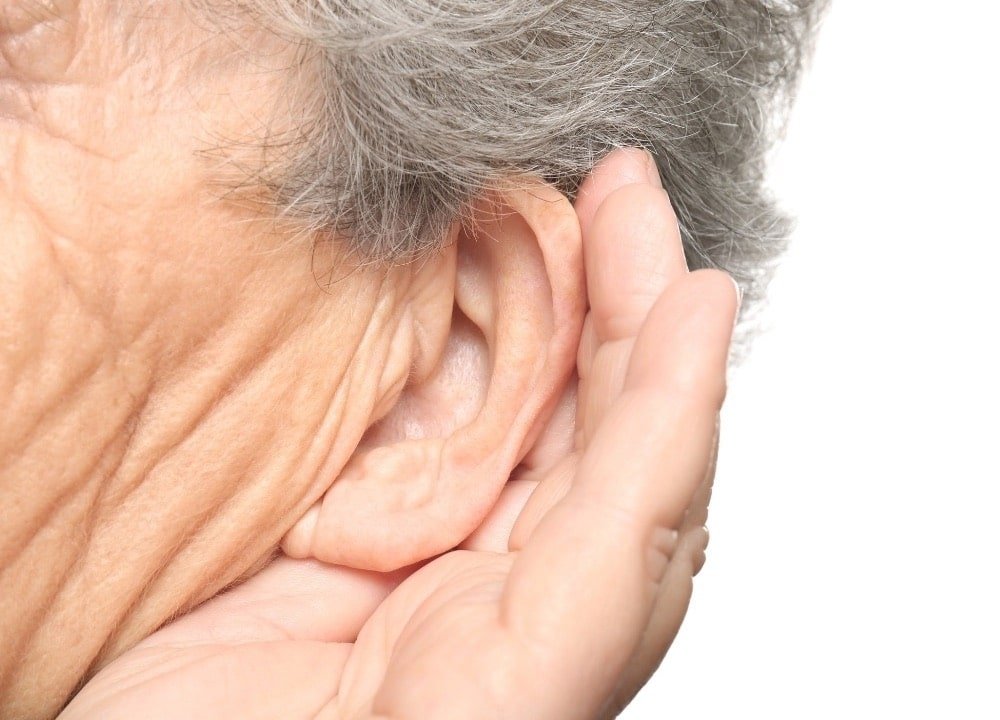Personal care is something that many people with dementia struggle with as the illness progresses. Therefore it is important consider- How does dementia affect personal hygiene?
Dementia is a degenerative cognitive disease that affects many regions of the brain including the ones that impact motivation and memory.
For this reason, affected persons may find it hard to keep up with daily grooming and hygiene habits. They may (and very likely will) lose the will to take care of themselves or simply forget what needs to be done.
When this happens it does not mean that a person should cease practicing personal hygiene.
Depending on the abilities of the persons, they can get help from professional caregivers or relatives and friends to ensure they remain well-kept, clean, and healthy.
Contents
Is poor hygiene a sign of dementia?
Below we discuss valuable insights on some challenges that people with dementia may go through when it comes to personal hygiene and how to address the issues.

Taking a Bath
Showering is not all about smelling fresh and looking good. Taking a bath regularly can also help to prevent ill health such as skin complications and infections.
A person with the progressive illness may find it hard to complete a simple task like taking a bath every day.
It is one of the points that come up when talking about how dementia affects personal hygiene.
Some people may become disoriented in the shower or be scared of falling when getting in and out of the bath.
When a person cannot take a bath on their own, they may resist another individual washing them because they find it embarrassing and undignified.
Some of the ways to help a person complete a bath include:
Best bathing practices for persons with dementia
- Setting reminders for showers or baths.
- Ensuring the affected person washes their hands before handling food or eating and after they use the washroom.
- Trying as much as possible to maintain old bath routines.
- Breaking down the task into simpler steps like starting with gently wiping the face before moving to the rest of the body.
- Ensuring a person is safe when taking a bath while giving them as much privacy as possible.
- Installing bathroom aids like grab-rails or shower or bath chairs that enhance safety reducing the risk of slipping and falling in the bathroom.
- Try alternatives like sponge baths if showering or bathing causes an individual distress.
- Enhancing privacy by doing things such as closing curtains or pulling blinds. It might also be useful to cover any mirrors in the bathroom if the sick person can no longer recognize themselves.
- Offering adequate lighting in the bathroom and making sure the room is inviting and warm.
- Where possible, play soft music in the background and place scented candles in strategic locations to create a relaxing and calming atmosphere.
- If a loved one cannot convince a person to take a bath, hiring a bath aide may be a helpful idea. The professionals get training on how to deal with people of all cognitive and physical abilities.
Dressing
People with dementia may also have a problem dressing. Some may wear the same clothes daily while others may mismatch their outfits.

It is also common for individuals with the illness to put on the wrong clothes for the current season. For instance, a person may insist on wearing summer clothes when it is freezing outside.
Changing clothes regularly is essential for personal freshness and hygiene.
At times, it may be hard to convince a person with dementia to change clothes as they should.
Carers may have to use tactful methods to get rid of the dirty clothes and replace them with clean fresh ones.
It may also help to complement a person when they put on new clothes as it may motivate them to do so often.
Hair Care
Neglecting hair is another answer to the query of how dementia affects personal hygiene.
This can include not combing or styling the hair or not washing the hair at all. It may be because a person forgets they need to handle this task or lose the ability to manipulate items like a comb or hair straightener.
To help with this issue, caregivers can volunteer to handle hair care.
Booking salon appointments can also be a solution especially if the individual used to frequent the establishments before dementia became worse.
Teeth and Mouth Care
People with dementia may forget to brush and floss their teeth. Lack of dental care may lead to extremely dirty teeth and offensive breath. Even gum disease.

Remind the individual to brush their teeth and assist them by putting toothpaste on their brushes and ensuring they have easy access to rinsing water.
Purchasing an electric toothbrush can help make the task simpler. It is also advisable to schedule regular dentist visits.
The professional will check on dentures, gums, and teeth to ensure they are healthy.
Toileting
People with dementia may find it challenging to use the toilet without some type of assistance. Caregivers should ensure that a person’s underwear is dry, clean, and changed as often as needed.
Their genitals should also stay clean at all times.
If an individual is experiencing incontinence problems, they should be washed carefully with warm water and dried well before changing their clothes and using incontinence products.
Shaving
People with dementia may forget to shave frequently. Others may not be in a position to complete the task because they can end up cutting themselves during the process of shaving.
If a person can shave without any problem, it may be helpful to switch to an electric razor. This is considered easier and safer to use.
Nail Care
Finger and toenails may become too long and dirty without the necessary care. It is important to properly look after the nails because they can cause pain and also breed infections.
If a caregiver is not around to help with nail clipping and cleaning, it may be advisable to enlist the help of a podiatrist who will offer the much-needed services.
Cleaning Ears
When looking into the ways of how dementia affects personal hygiene, a point that comes up is the lack of cleaning ears.

This can be dangerous because it can result in a build-up of wax that can cause unnecessary hearing impairments.
Carers may have to consult a doctor to learn the best ways to deal with ear wax.
Closing Thoughts
Discussed above are some of the ways describing how dementia affects personal hygiene.
It is, therefore, important for loved ones to ensure that persons with the illness take great care of themselves by offering a hand or investing in professional help based on the individual’s changing needs.
Keep in mind that even though an individual may need help with matters of personal hygiene, they may not readily accept the assistance offered.
For this reason, carers must commit to offering the proper degree of assistance while respecting the need for independence and privacy.
Remember that a great deal of patience and reassurance is needed when dealing with persons who have dementia and are struggling with personal hygiene.







